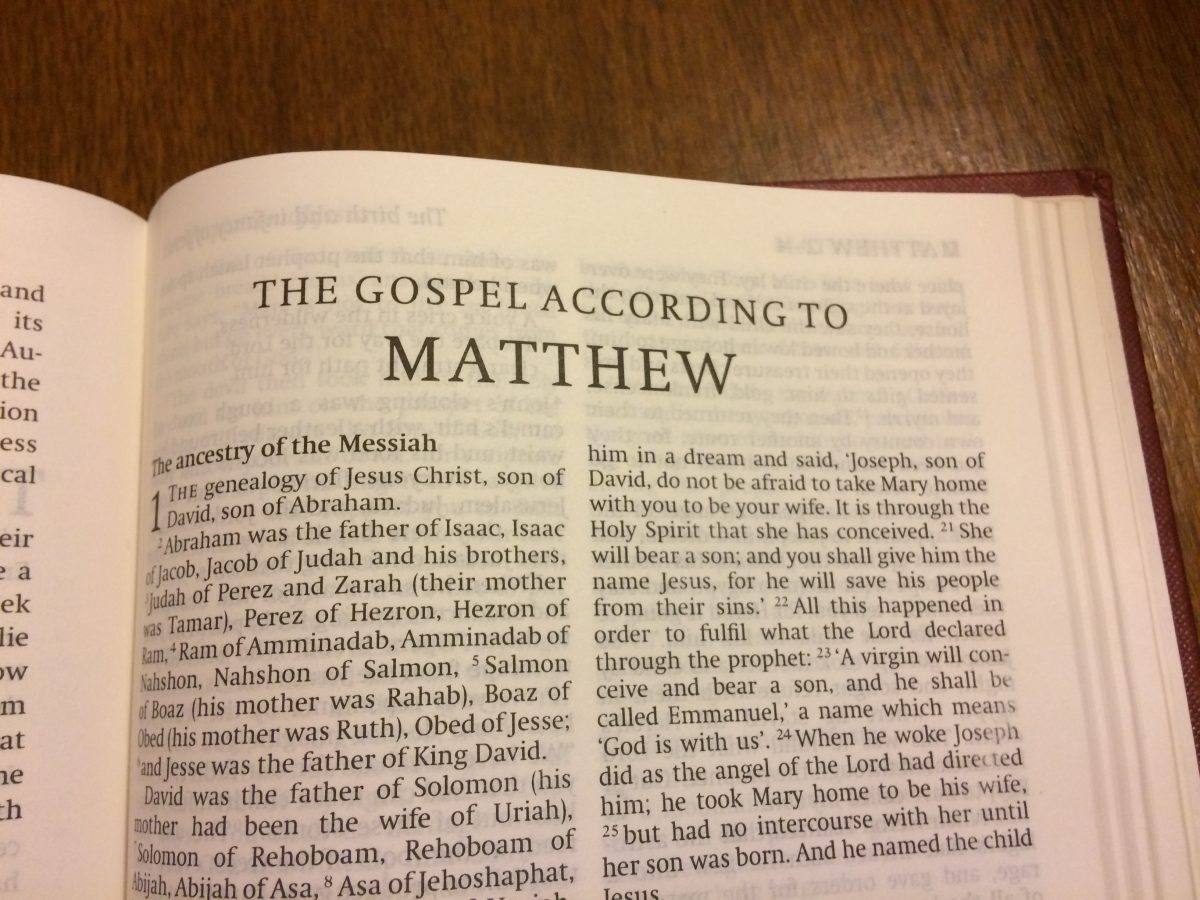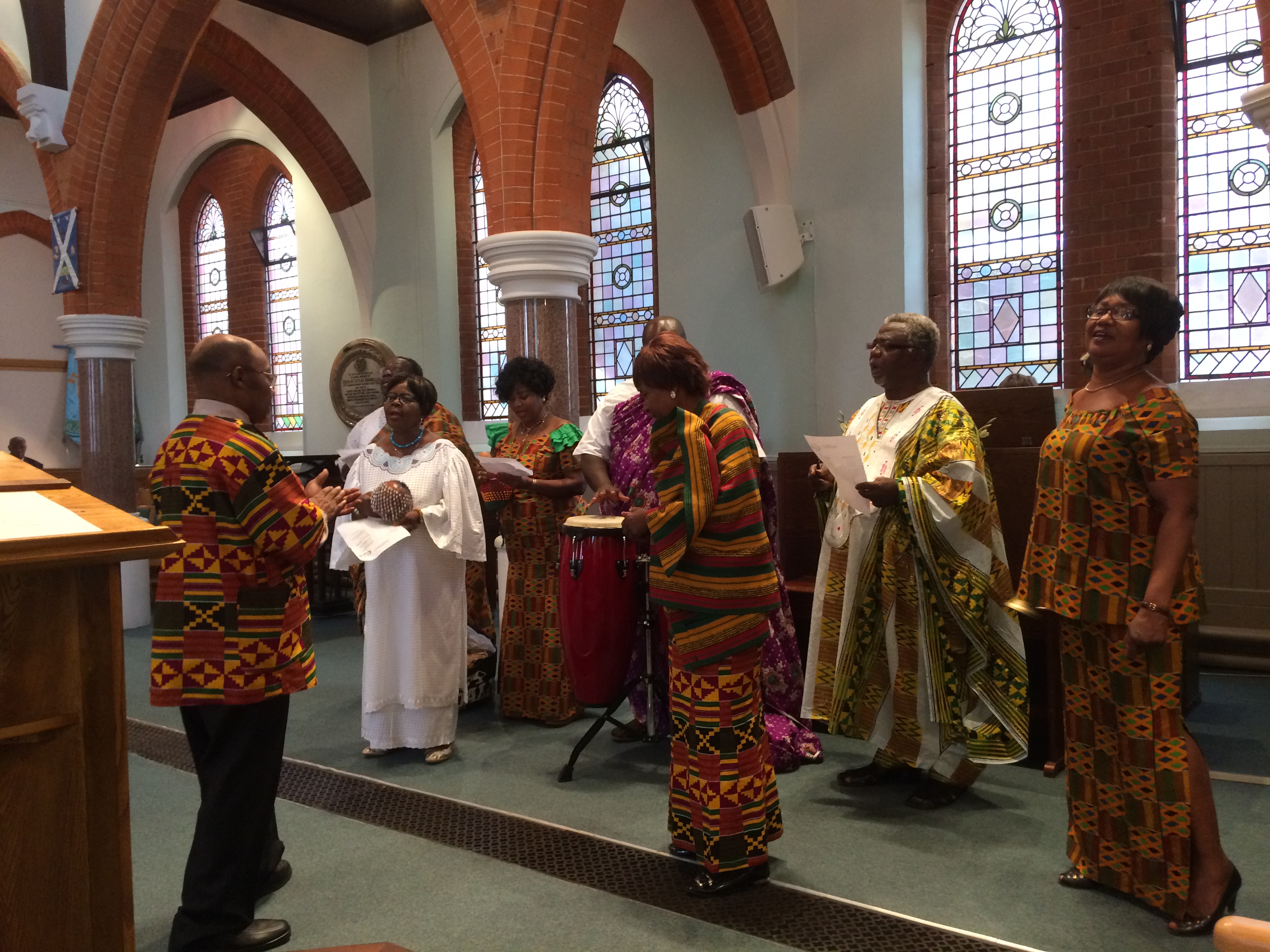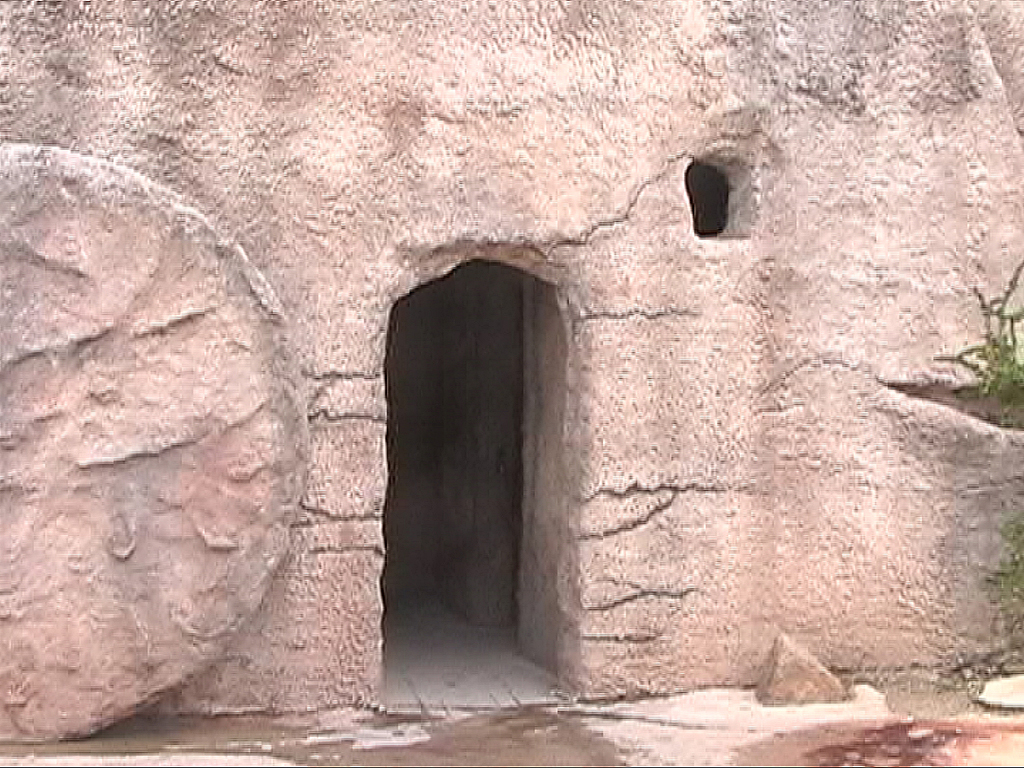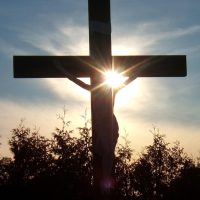Reflection 5th July by Revd Sue McCoan
Yesterday was hailed as Liberation Day – or, in some of the papers, Super Saturday. After 100 days of lockdown, the pubs are open again! Hurrah! Also hairdressers and hotels and other businesses and, somewhere in the small print near the end of the article, places of worship. But nobody was interested in that because the pubs are open! (That’s not an invitation to go right now – please stay with us).
I’ve nothing against pubs being open; I know how hard it’s been for landlords and staff, I know how much some people have been looking forward to enjoying a beer with their friends. And it does seem, this morning, that for the most part people behaved well and didn’t cause too much disturbance. What troubles me is the way this re-opening has been presented as freedom, as liberation, almost, implicit in its tone, as victory over the virus.
It is, of course, no such thing. The virus is still out there, still infectious, still dangerous. NHS staff are worried that, first, people will go mad and drink themselves silly, leading to a big surge in pressure on A&E departments; and, secondly, that people will think we’re back to normal, the pandemic is over, and will abandon the distancing/hand-washing/mask-wearing measures and so put themselves and others at risk. The government wants to get the economy going and wants us to feel good – but it’s a huge gamble.
Jesus was somebody who liked a drink – it says so in today’s reading. But that wasn’t where his freedom lay. Jesus offers a different kind of freedom, a different way of liberation. We’re about to hear the first part of our bible reading. The John who is mentioned here is John the Baptist. Jesus has just been talking about him, honouring him as a prophet and so much more. Let’s hear the reading now.
Bible reading: Matthew 11:16-19
You could hardly get two people more different than John the Baptist and Jesus – and yet people managed to criticise them both.
There was John, out in the wilderness – outside the town, ignoring dress conventions, interacting only through preaching and baptism, keeping away from anything that might distract him from his core message: repent, for the kingdom of heaven is near. And there was Jesus, not just in the town but in the fleshpots of the town, eating and drinking with anybody and everybody, healing and teaching all who came, mixing with anybody who might hear his core message: repent, for the kingdom of heaven is near.
Two almost completely opposite approaches: the same message, the same invitation. And by seeing that message delivered in these two contrasting ways, we see another truth. John, standing outside the town, outside of everyday life, shows us that the kingdom of heaven is not bound by government and civic structures. Jesus, flouting social conventions and religious laws, shows us that the kingdom of heaven is not bound by religious traditions. You see just how radical this is? The kingdom of heaven does not fit into the frameworks and concepts we have.
Now. If you are listening to this at the time, and you are someone who is well served by the current system – if you are reasonably comfortable with how things are, if you have status in civil or religious society – then this kingdom of heaven is dangerous and subversive. Today we would call it a protest movement. It is at best uncomfortable and at worst a threat to your way of life. And, as so often with protest movements, when it’s hard to argue with the moral basis, you go to discredit the leaders. Look at John, far too miserable; look at that Jesus, far too soft.
But it you are listening to this as someone who is not well served by the current system – if you are poor, or ill, or foreign, or old, or disregarded because of your occupation – then this kingdom of heaven sounds new and wonderful. In the kingdom of heaven, you matter for who you are. You are the equal of anybody. You are the people Jesus is here for, and no wonder he wants to have a drink with you.
The others, the comfortable people, are welcome too – but it’s so much harder for them to see it.
Let’s put ourselves in the place of these less advantaged people, the people who have been looked down on most of their lives, as we hear the second part of our bible reading, and the invitation that Jesus gives.
Bible reading: Matthew 11:25-30
Come to me, all you who are weary and heavy laden. This is one of my favourite bible verses. I always think, this is me: I’m busy, I’m tired, let me rest in God. But today I am hearing Jesus say, Come to me, you hospital cleaners and porters; come to me, you workers on zero-hours contracts who have had no support during lockdown; come to me you care home staff and residents who are vulnerable and exhausted; come to me you asylum seekers and refugees; come to me you stressed-out parents and anxious children and concerned teachers. Come to me, all you who have struggled under lockdown, in whatever way; come to me you who feel guilty because you’ve nothing really to complain about but you are still utterly fed up.
Come to me, says Jesus, and I will give you rest. I will value you; I will work alongside you and share the load. You will find rest, true rest for your souls.
This is liberation. This is freedom to be fully human, to be restored to full humanity.
And the liberation is not just for the benefit of those who have been marginalised and repressed. Giving those people value is liberating for the whole of society. We spend, in this country, a small fortune on making people prove they are unfit to work, even if they have an incurable condition; we penalise people who are already on the breadline by cutting their benefits; we pay millions to keep people in immigration detention centres. We cut libraries and youth centres and then spend the money policing urban unrest. This is institutional meanness, and it’s expensive, in money and in people’s lives. We do it, we let it happen, because we have been given a narrative that ‘these people’ are a drain on our resources, that they are somehow holding the rest of us back.
We don’t have to live like this. We have a better narrative, the narrative of Jesus. We have the narrative that says, if people are struggling, they should get the help they need. If they have skills to offer they should be able to offer those skills; and if they offer their skills and labour they should be properly rewarded. Within this narrative, we move from scapegoating to supporting. We build on the wonderful outbreak of neighbourliness and goodwill that we have seen during this pandemic. We build a world that is that little bit closer to the kingdom of heaven. We may not be able to change government policy, at least in the short term, but we can change the narrative and we can do it now, among our friends and family.
And in doing this, those who have a little bit more, can be liberated from their defensiveness and fear of the other. And if that includes us, then that liberation means we can stop trying to justify our advantage, and can admit that we too have needs, we can admit our own failings, our own anxieties; we can bring them to Jesus and ask for his rest. Liberation is a virtuous circle; it brings life.
So by all means, go to the pub if you want to; get your hair cut if you can book an appointment; enjoy being able to meet friends and family. Personal freedom is good. But collective freedom, of heart and mind and soul, is the kingdom of heaven.
Let me end with a prayer from John W. Riggs:.
God, we know that every person is your beloved child. When anyone suffers, you suffer also. May we have the courage to bring equality among people so that your life, as well as ours, is free from the pain of injustice.
Amen.






